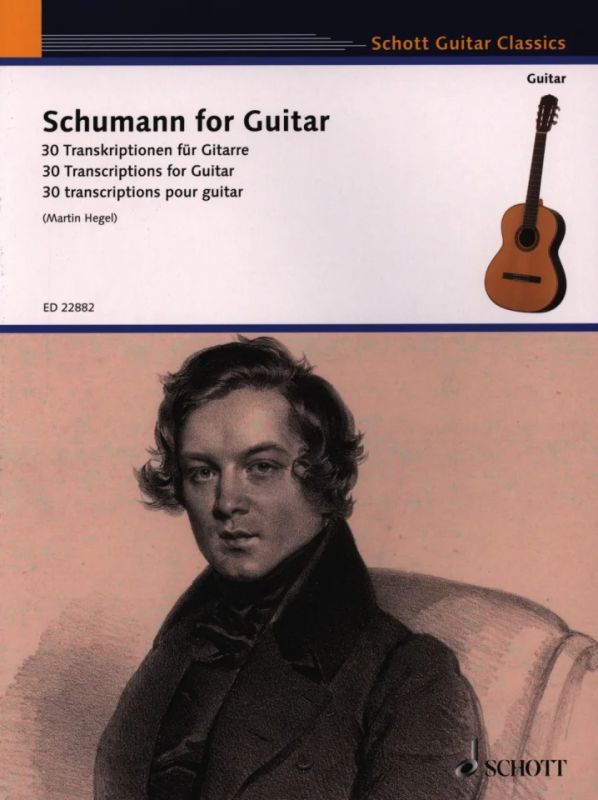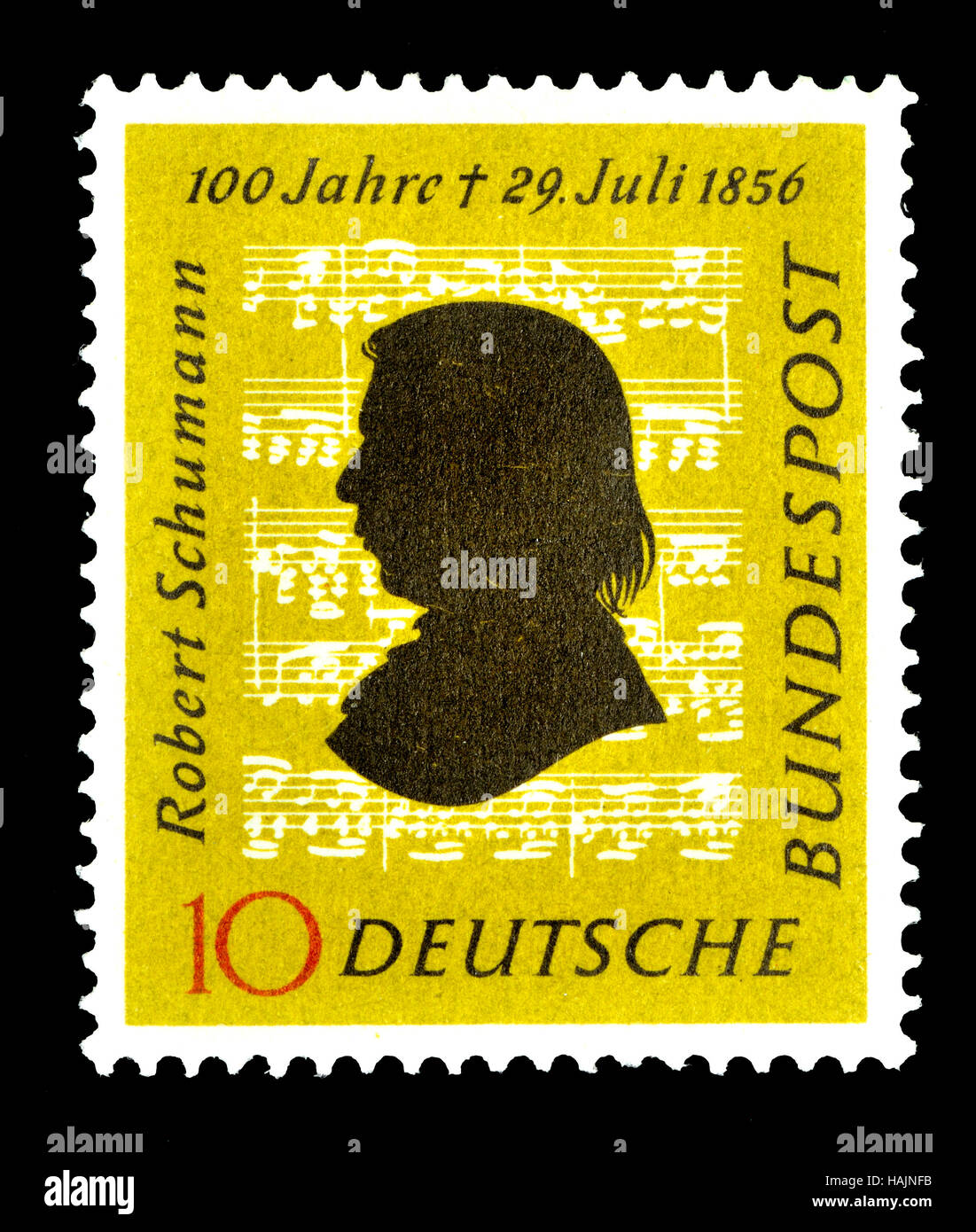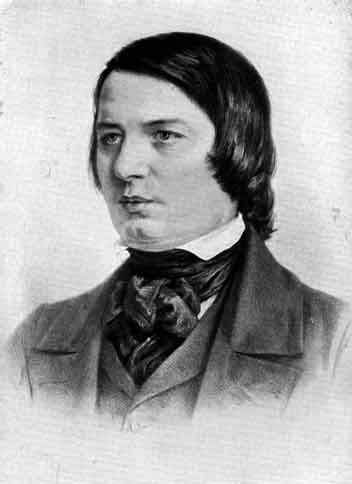


In addition to composing symphonies and concertos, Schumann is recognized today as one of the great masters of song.

The son of a bookseller and publisher, Schumann developed a keen interest in literature at a young age. His music often conveys moods and scenes, from the blooming of spring to a scenic trip through the German countryside.

The Romantic Era boasts a legion of luminary composers, from Brahms and Tchaikovsky to Mendelssohn and Berlioz-but Schumann is often deemed the “quintessential Romantic,” his ardent passions, poetic feeling, and heart-on-sleeve style perfectly embodying the ideals of the age.
#Schumann composer full
The signature event of the 2019–20 season, this immersive, two-week festival gives audiences the unique chance to experience the full spectrum of Schumann’s musical output while diving into one of the most fascinating personal stories in music history.īefore taking a deep dive into his music and life at the Schumann Festival, check out a quick primer on this fascinating composer! Note that this list is purely chronological, and also includes a substantial number of composers, especially those born after 1860, whose works cannot be conveniently classified as " Romantic".In February 2020, the Houston Symphony and Music Director Andrés Orozco-Estrada present the Schumann Festival: Angels and Demons, a celebration of German composer Robert Schumann. The New German School-primarily Franz Liszt and Richard Wagner-promoted progressive ideas, in opposition to more conservative composers such as Felix Mendelssohn and Robert Schumann. Many composers began to channel nationalistic themes, such as Mikhail Glinka, The Five and Belyayev circle in Russia Frédéric Chopin in Poland Carl Maria von Weber and Heinrich Marschner in Germany Edvard Grieg in Norway Jean Sibelius in Finland Giuseppe Verdi in Italy Carl Nielsen in Denmark Isaac Albéniz in Spain Ralph Vaughan Williams and Edward Elgar in England Mykola Lysenko in Ukraine and Bedřich Smetana and Antonín Dvořák in what is now the Czech Republic.Ī European-wide debate took place, particularly in Germany, on what the ideal course of music was, following Beethoven's death. Part of the broader Romanticism movement of Europe, Ludwig van Beethoven and Franz Schubert are often seen as the dominant transitional figures composers from the preceding Classical era. The Romantic era of Western Classical music spanned the 19th century to the early 20th century, encompassing a variety of musical styles and techniques.


 0 kommentar(er)
0 kommentar(er)
